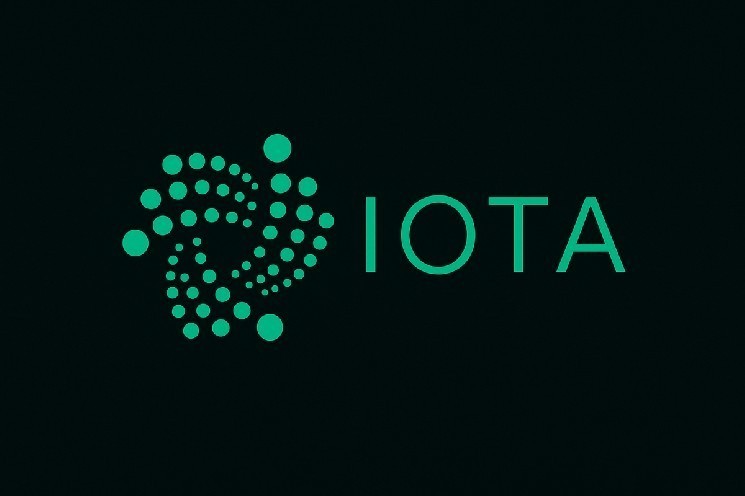- IOTA empowers patients and medical practitioners with data, addressing inefficiencies in paper and closed systems.
- IOTA price increased by over 3% on the daily chart amid heightened institutional adoption.
Decentralized blockchain infrastructure, IOTA, is making waves in the healthcare sector. IOTA is revolutionizing the storage of medical records, moving away from paper, friction, and closed systems.
IOTA Reinvents Healthcare Data Storage
IOTA influencer Kingloui on X highlighted that many healthcare systems still rely on physical records or fragmented digital systems. While these systems were effective in the past, concerns were raised about inefficiencies, errors, and delays in data sharing.
To address these issues, IOTA has ensured that medical records are stored in a decentralized ledger. As a result, the data becomes portable, encrypted, and verified.
IOTA’s Tangle is designed for IoT, enabling devices to perform data transfers with high scalability. This allows continuous, secure data streaming from devices to healthcare providers or researchers.
Essentially, IOTA’s Tangle utilizes Masked Authenticated Messaging (MAM) to share and store encrypted health data securely. Thus, patients can control who accesses their data, ensuring privacy while enabling seamless sharing with healthcare providers.
For instance, a patient visiting a specialist in another country can share their medical history, leveraging IOTA. The blockchain also allows the doctor to verify the authenticity of the data without needing to navigate incompatible Electronic Health Record (EHR) systems.
This addresses the scenario where a doctor needs immediate information to treat a patient effectively.
IOTA’s application in healthcare extends beyond data sharing. Recent developments highlight its role in privacy-preserving AI systems. As mentioned in our previous news brief, IOTA infrastructure supports a medical AI system that prevents the transfer of sensitive patient information.
The system utilizes IOTA’s Tangle and InterPlanetary File System (IPFS) to manage updates, eliminating the need for central authorities. Participants are allowed to train models within their systems. When updates are ready, they post them to a shared, decentralized ledger.
The launch of the AI model follows the debut of IOTA Identity. As featured in our recent coverage, IOTA Identity ensures digital credentials are under self-custody, not stored or hoarded by a tech giant.
IOTA Transforming Global Trade
In addition to the healthcare sector, IOTA has played a massive role in global trade. The blockchain introduces real-time visibility into the logistics chain, supported by tamper-proof audit records that reduce the chance of disputes.
In a recent study, we covered that global trade routes using IOTA receive instant customs checks and real-time data without delays. Already, pilot experiments in East Africa are yielding results.
In Kenya, export firms using IOTA’s Trade and Logistics Information Pipeline (TLIP) reported reduced customs processing times and costs.
Additionally, the IOTA Trade and Logistics Information Network (TWIN) is gradually replacing physical trade documents with digital ones. IOTA aims to connect the 1.3 billion people in the African Continental Free Trade Area (AfCFTA).
In summary, secure credentials enable the fast transfer of custom forms and digital invoices. This eliminates intermediaries, making cross-country trading more efficient.
The positive developments in the ecosystem have been reflected in the native token. Over the past day, IOTA has increased by 3.9% to $0.2125.

 cryptopolitan.com + 1 more
cryptopolitan.com + 1 more
 theblock.co
theblock.co
 decrypt.co
decrypt.co